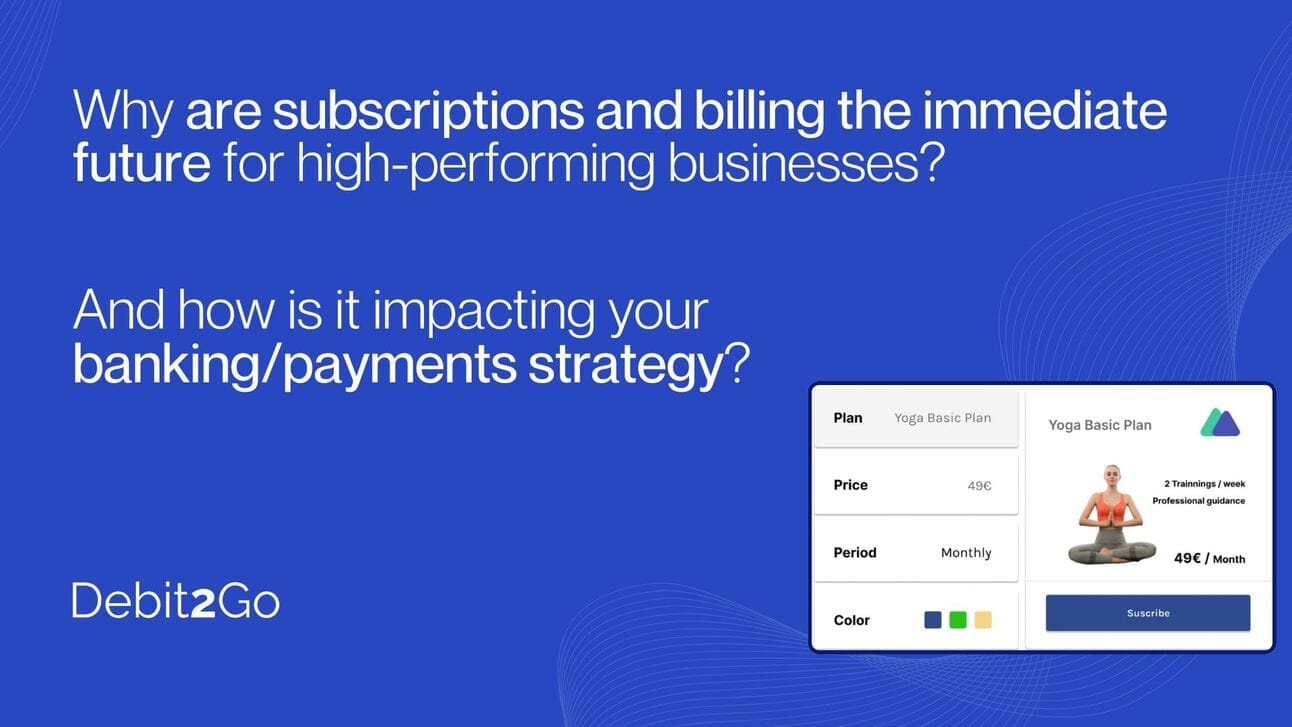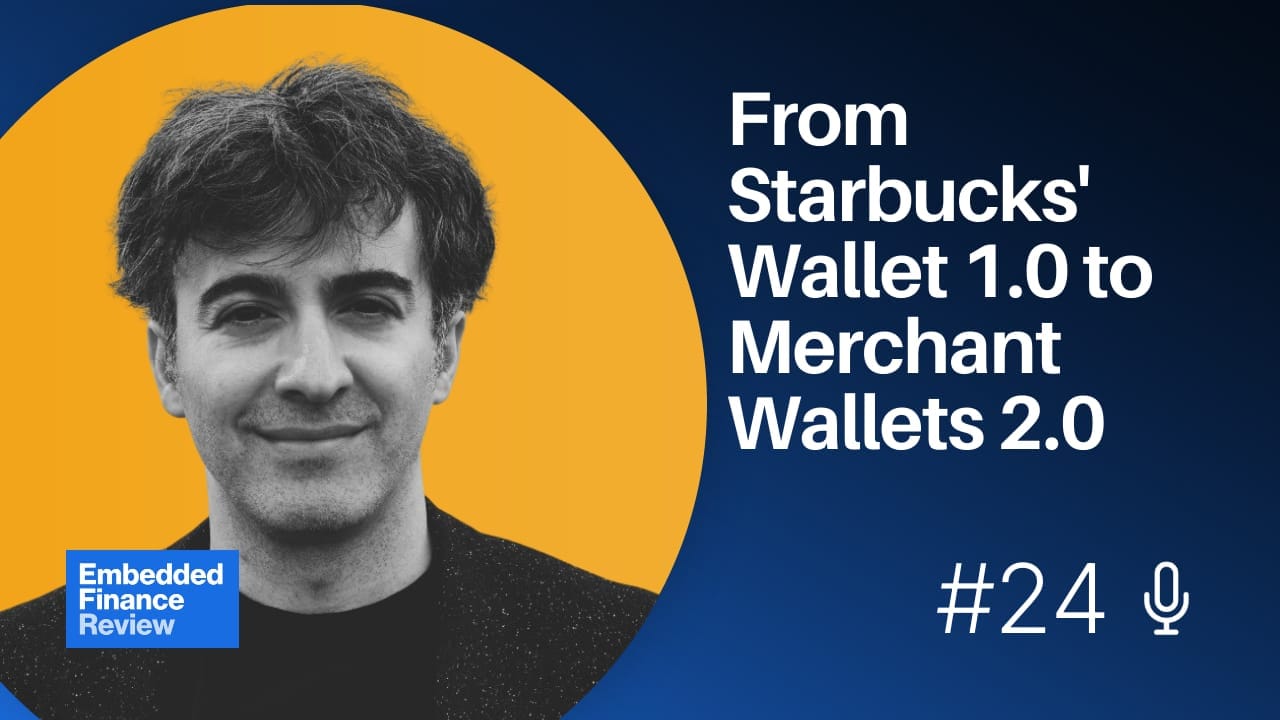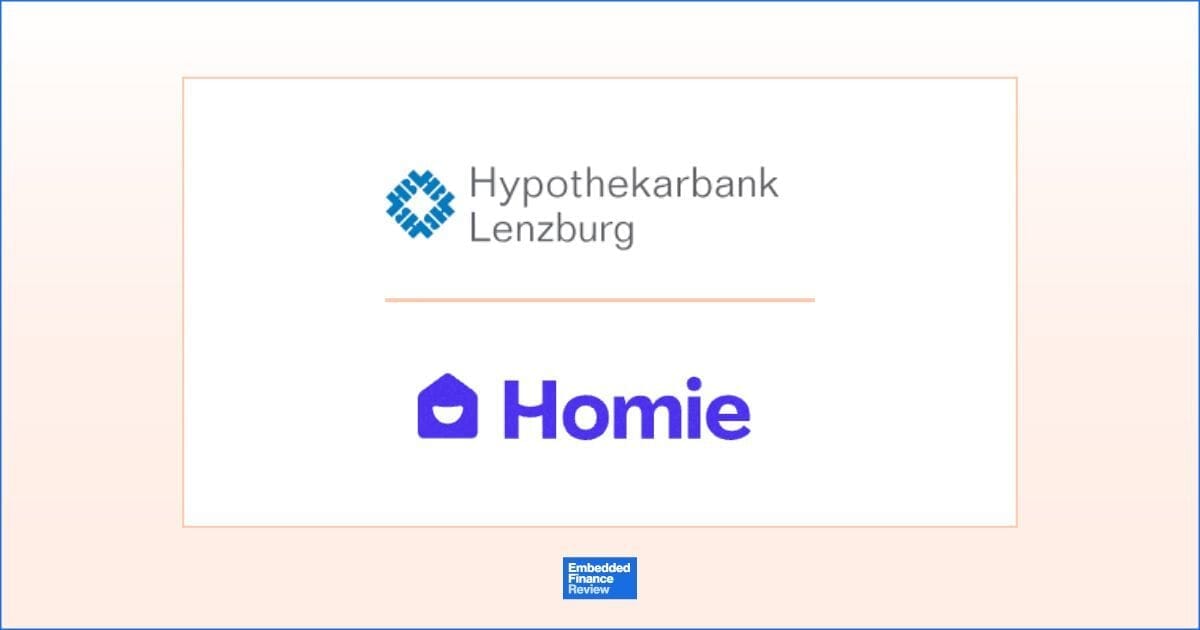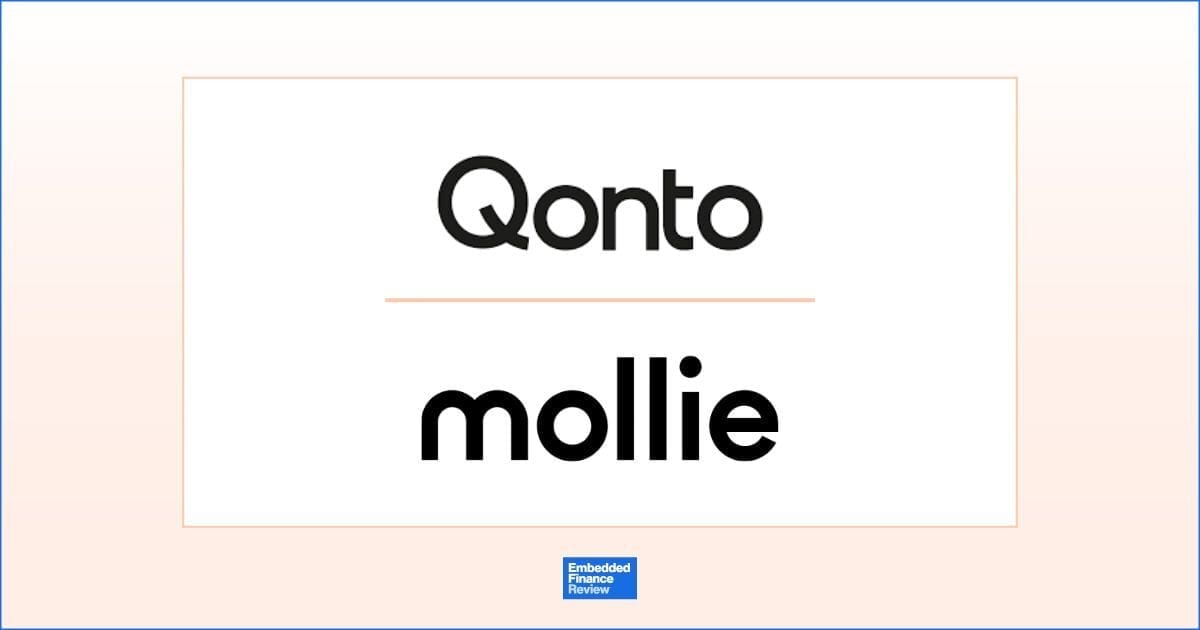Hi {{first name|embedded finance friend}}
Thanks to everybody who gave feedback on my idea to host virtual events. In my survey, I asked what topic you would be most interested in, and the result was:
- A vertical in Embedded Finance (e.g. retailer, healthcare) → 59%
- Role of incumbent banks in Embedded Finance → 25%
- Deep dive into one non-financial brand → 8%
- Deep dive into one infrastructure provider → 4%
- Something else → 4%
Since we have a clear winner, I will set up the first virtual session focused on an Embedded Finance vertical. If the feedback for this format is positive, I will host more virtual events, likely about one of the other options from the survey. Once I have an update about the first virtual event, I will share it via this newsletter.
I will also host another public networking event in Frankfurt on June 25th. This event is during TechQuartier’s Digital Finance Accelerator's Embedded Finance Day (see here). If you are interested in sponsoring, please reply to this email.
This newsletter went out to {{active_subscriber_count}} subscribers. If you would like to support my work, you can upgrade to premium or partner with me.
And now let’s dive in 👇
Provider Spotlight:

Are you offering a banking or payment product? Do you wonder how the push to subscriptions will impact your business customers?
Apply now for one of the three free workshops hosted by Debit2Go's Co-Founder and CEO, Damián Carpintero Román. Reply to this email; we’ll let you know if you are among the three winners.
From Starbucks' Wallet 1.0 to Merchant Wallets 2.0: Podcast with Arda Cagaptay

You are probably aware of the massive success of the Starbucks Wallet, in which consumers have stored more than $1.7 billion (and it’s not just Starbucks; as explained in this LinkedIn post).
However, it's not a wallet but a pre-paid balance system. Nevertheless, there is a significant opportunity for online and offline merchants to offer wallets to their customers.
In the newest podcast edition, I speak with Arda Cagaptay. Arda spent the last few years building wallet products at Delivery Hero globally. However, he left earlier this year to start his own venture, which enables merchants to launch wallet offerings.
In this episode, we speak about
- The difference between Wallet 1.0 and 2.0
- Why Starbucks has been so successful with its wallet strategy
- How smaller merchants can implement wallet solutions
- Which industries are best positioned to benefit from wallet implementations
- The future of merchant wallets
You can find the episode on Spotify, Apple Podcasts, and YouTube.
Swiss Startup Homie Teams Up with Hypothekarbank Lenzburg for Embedded Security Deposit Solutions

What happened: The Swiss Hypothekarbank Lenzburg has announced a partnership with Homie. The Swiss startup offers landlords and tenants an embedded security deposit solution (HBL).
My comment: A landlord signing a rental contract with a new tenant can use Homie for the security deposit. During onboarding, the tenant can choose between two options: pay the agreed amount or use Homie’s security deposit subscription service (pay a monthly fee instead of “blocking” the sizeable security deposit). So far, it sounds like a standard fintech product, right? The Embedded Finance angle starts with Homie’s exclusive focus on property management software. A landlord or tenant cannot use Homie’s standalone (at least until today). The landlord needs to use one of the property management providers that Homie partners with. When the landlord onboards a new tenant using the software, the tenant is automatically onboarded into the Homie service, and they can choose between the two security deposit options.
If you attended our last event in Berlin in April 2025, you might remember the German startup Getmomo, which offers a similar product in Germany. However, it seems Homie launched in Switzerland with this partnership, whereas Getmomo was founded in 2021. This also means that Getmomo's product portfolio is much more developed (e.g., payment accounts and financing products for homeowner associations).
Switzerland is an interesting market for Embedded Finance. It seems incumbent banks offering banking-as-a-service are a decisive factor in this success. The Hypothekarbank Lenzburg is one of the key players. It was also one of the partners of Swiss retailer Coop’s banking offering (which I covered here), and most recently acquired a stake in German Sutor Bank (which I covered here . To learn more about the Swiss market, look at the event calendar at the end of this newsletter.
Is Mollie's Dependence on Qonto a Smart Move or a Risky Bet?

What happened: Qonto and Mollie announced their partnership, where both fintech companies would integrate the other party into their service. Thanks to this partnership, French neobank Qonto will offer payment links in its invoicing product. Dutch payment provider Mollie will offer Qonto business accounts directly embedded into its platform (Qonto CEO on LinkedIn; Mollie blog post).
My comment: Yes, I know that the partnership of two fintech companies does not fall into my very own Embedded Finance definition. But Mollie is Qonto’s first massive customer of its new Qonto Embed banking-as-service offering (which I covered here) , so it’s worth a closer look.
While Mollie is Qonto Embed’s biggest partner, it is clearly not the typical banking-as-a-service partnership. To me, it seems more like a strategic partnership that aims to cross-sell each other's products into the partner’s ecosystem, and it just happens that Qonto Embed is being used for this. Even Qonto’s CEO did not mention Qonto Embed directly in its LinkedIn post (linked above).
I fully get why Qonto integrated Mollie for its payment link service. This is something that Qonto would perhaps never want to build itself, and Mollie is a great partner. Besides any exclusive contractual agreement, Qonto could always integrate another payment provider to cover other jurisdictions or even replace Mollie at one point. However, I don’t understand why Mollie offers Qonto payment accounts to its customers and did not build its own solution. Yes, I know that there are some benefits. Firstly, the Qonto brand is a strong factor. Secondly, Qonto has built already a full-fledged account offering, and the beauty of Qonto Embed is that these features can either be accessed via the Mollie frontend or (for example, if Mollie does not integrate some banking features) the account owner can also visit the Qonto website or app and access the features over there. All of this being said, I would still argue that Mollie's dependency on Qonto is much higher than the other way around. Especially considering that many payment providers are expanding their product offerings to tie merchants closer to their ecosystem. A payment account offering is likely crucial for this strategy, so why not build it in-house? Or maybe I am wrong, and that’s precisely why partnering with Qonto is the right move. What do you think?
In other Embedded Finance news
- The merger between banking-as-a-service provider Railsr and spend management provider Equals has been finalised, and they can now offer a combined offering (Railsr).
- Pliant, an expense management and card-as-a-service provider, raised $40 million in Series B funding to expand to the US (PYMNTS).
- Adyen sees growing demand for its Embedded Finance offering (PYMTS).
- US banking-as-a-service provider Unit published an interesting case study of its customer HoneyBook, a business software provider for SMEs (Unit).
- eBay and Klarna expanded their partnership to offer flexible shopping in the US (The Paypers).
- Affirm payment options become available on WooCommerce UK (The Paypers).
Insightful reads
- Have you ever considered acquiring a company with a financial licence instead of applying for one alone? This post shows that it is not always as easy as you might think (LinkedIn).
- Delivery Hero’s fintech team published a blog post about scaling fintech products globally (Delivery Hero).
Event Calendar
- May 15th, Helsinki: Nordic Fintech Summit - I will be hosting a panel discussion [Register here]
- May 21st, Zurich: Embedded Finance Event hosted by newly founded Swiss Embedded Finance Association [More details]
- June 25th, Frankfurt: Embedded Finance Day @ TechQuartier Digital Finance Accelerator - I will be hosting a closed-door Masterclass and a public networking event in the evening [More details]








